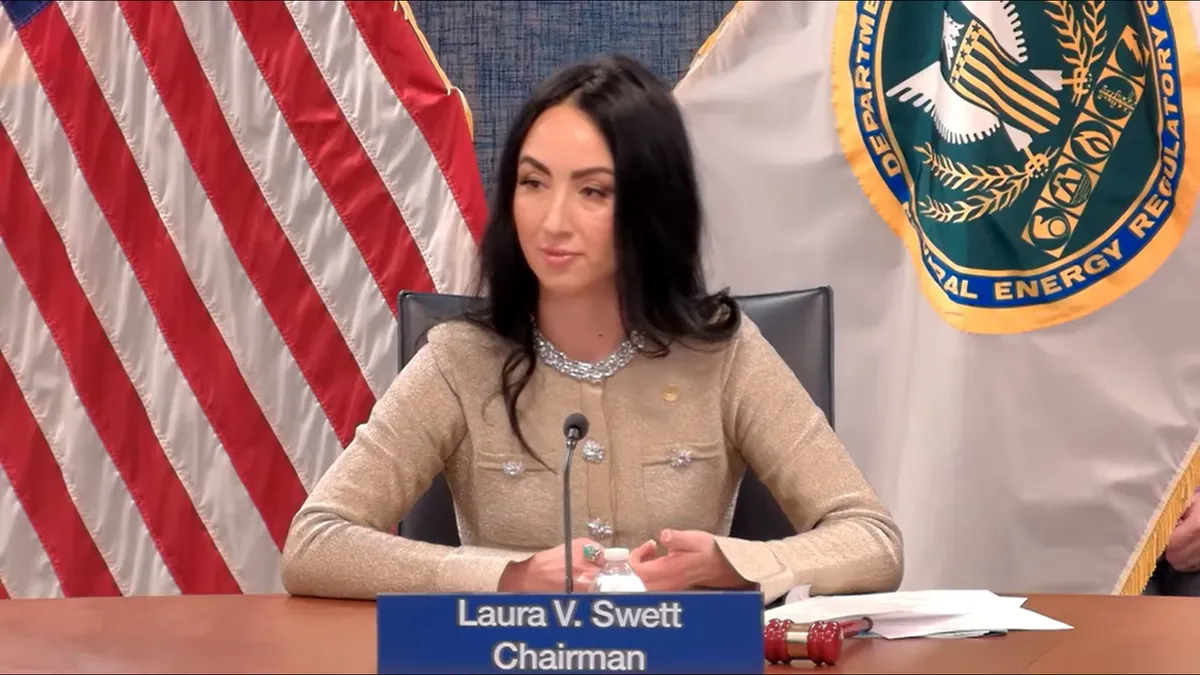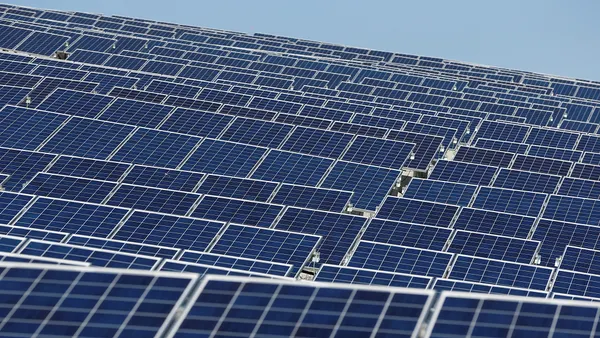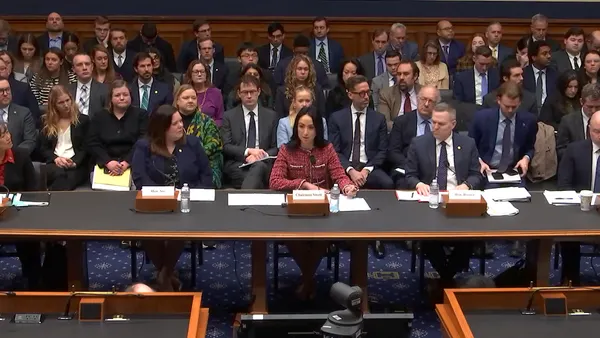Dive Brief:
- The attorneys general for Connecticut and Rhode Island on Wednesday requested an injunction to lift the Trump administration’s stop work order for the 700-MW Revolution Wind project, which is 80% complete and set to supply energy to both states.
- “In the face of an exhaustive record showing that the Project has been vetted through every layer of the federal and state regulatory process, and despite the States’ and others’ deep reliance interests, the federal government has arbitrarily reversed course and issued a Stop Work Order without explanation,” the states said in their complaint filed with the federal district court in Rhode Island.
- The states’ lawsuit is parallel to one filed by Revolution Wind with the federal district court in Washington, D.C., also seeking an injunction. The Trump administration responded in opposition to that request Sept. 12, arguing, “The fact that BOEM previously approved Revolution Wind’s [construction and operations plan] does not eliminate the Secretary’s authority for continued oversight.”
Dive Insight:
Connecticut and Rhode Island argued in their motion for the injunction that Revolution Wind is “real, fully permitted, and nearly complete” — approximately 80% finished overall, with all offshore foundations installed and around 70% of its turbines ready.
The states said the supportive infrastructure is also far along, with 90% of physical construction at the mainland interconnection site "substantially completed,” one of two offshore wind utility substations installed, and 84 out of 85 miles of utility export cable installed.
The wind farm’s construction was set to wrap up in 2026. The project is owned jointly by Ørsted and Global Infrastructure Partners, which purchased Eversource Energy’s 50% share last year. Though Eversource sold its stake, the company was placed on “rating watch negative” by Fitch Ratings on Monday due to its remaining cost obligations to the endangered project.
Ørsted announced Monday that it will offer shares at a deep discount in a rights issue with the goal of raising $9.4 billion, saying in a company announcement that the stop work order against Revolution Wind had “further [emphasized] the need to strengthen the company’s capital structure.”
“While in some types of construction, delays of weeks could be mitigated or might be compensable, Ørsted has explained that a delay beyond September 22, 2025 imperils the entire project and threatens unsustainable losses for the company,” Connecticut and Rhode Island said in their filing.
The states also noted that the collapse of the project would mean the “significant time and money the States spent identifying, selecting, and authorizing Revolution Wind would be wasted and additional time and ratepayer money will be spent to find a replacement.”
New England ISO, which operates the grid, has said it was expecting this project to come online and “it is included in our analyses of near-term and future grid reliability.”
The Trump administration argued that it has a statutory right to reevaluate all offshore wind projects under construction due to a Jan. 21 executive order from President Donald Trump which mandated a halt on new offshore wind construction and a review of existing construction.
The executive order asserted “various alleged legal deficiencies underlying” the federal government’s leasing and permitting of wind projects during the previous Biden administration. The Trump administration said in its filing that it has the authority to revisit permits.
“[W]hen, as here, Congress grants an agency the power to approve an action under certain factors, the agency necessarily maintains the inherent authority to temporarily stop implementation of the approved action where the agency has concerns about statutory compliance,” it said.
The Bureau of Ocean Energy Management also filed Sept. 12 to revoke its approval of the construction and operations plan for the 2.2-GW Maryland Offshore Wind project, which is owned by US Wind.
“BOEM’s desire to reconsider its prior approval is reason alone to grant a remand,” the filing said. “And because BOEM has identified an error in the weighing of certain statutory factors that led to the prior approval, vacatur of that prior approval is also appropriate.”
The error in question concerned “underestimation of impacts to search and rescue operations within the project area and impacts to commercial fisheries that may not be sufficiently mitigated,” BOEM said.














